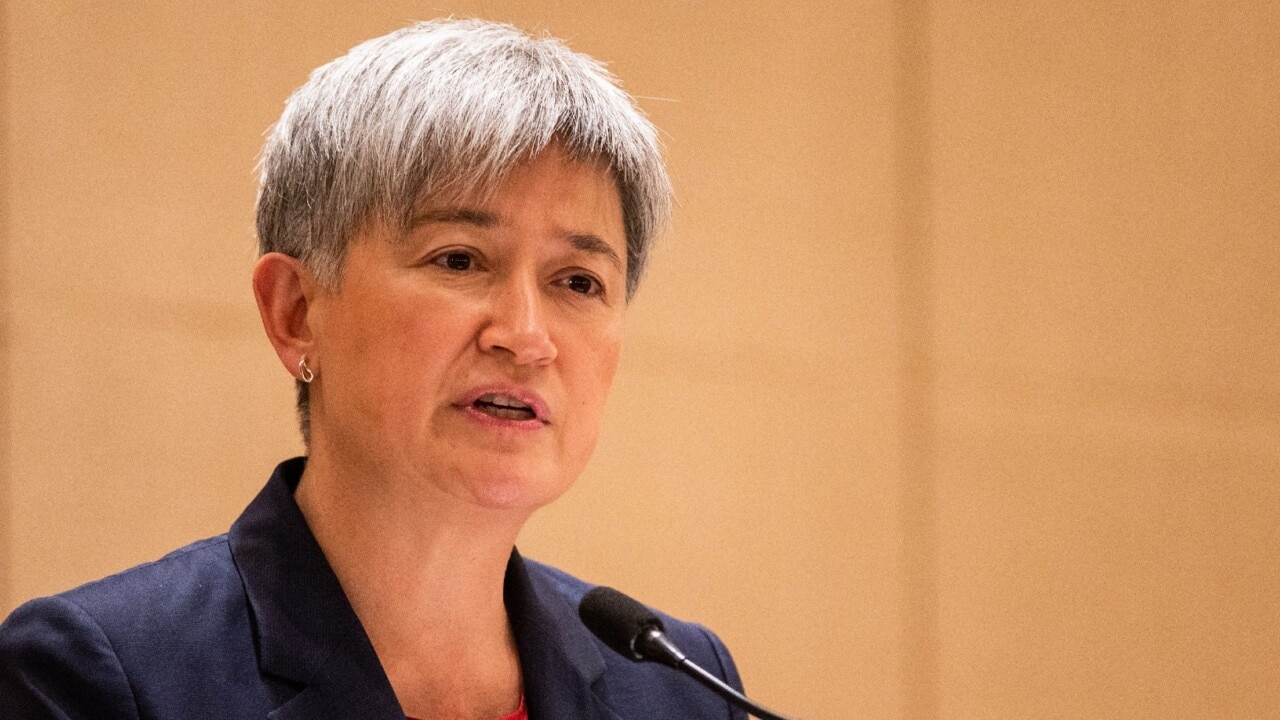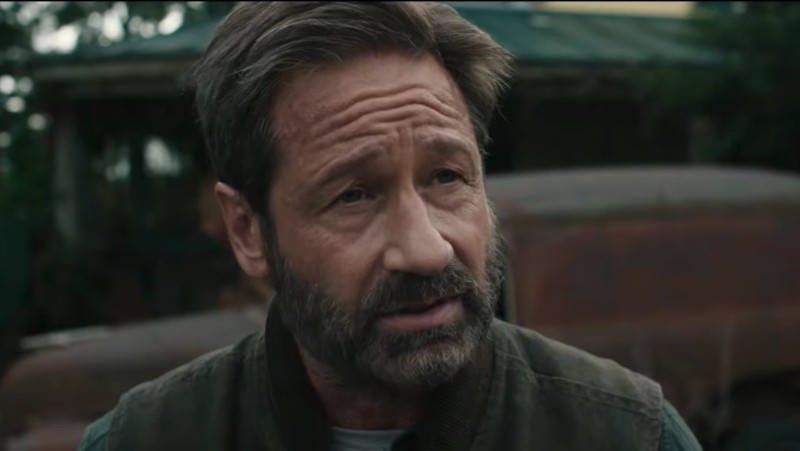[ad_1]
Look plausible, be on time, plan decent questions — these are my top tips for doing interviews after 20 years of meeting extraordinary people.
Look plausible: I learned this the hard way in Jordan in 2014 when I went to speak with interior minister Hussein Majali about Syrian refugees — wearing shorts.
In fairness, it was over 40° Celsius outside. They were classy shorts (below the knee), with a smart shirt and shoes, and Amman is a liberal city with many foreigners.
But security men already looked at me as if I might be mentally handicapped when they checked my credentials at the door.
And when I entered the ministry lobby, a press officer sped toward me, shuffled me into a side room, and vanished.
He returned ages later and explained, with a painful smile, that my shorts violated protocol. They had sent someone out to buy me trousers, he said, but the shop was closed and I had missed my slot in the minister’s agenda.
My long walk back through the lobby to the exit felt like one of those bad dreams, where you find yourself in public naked from the waist down.
And joking aside, I had missed an important opportunity.
I had visited the Zaatari refugee camp on the Jordan-Syria border a few days ago and met lovely people.
The interview was a chance to address their needs at the highest level. But just not while wearing shorts.
Be on time: Even old hacks lose their way in the labyrinths of the European Parliament’s 372,000 square metre, 17-floor Altiero Spinelli building in Brussels.
But there’s no excuse for showing up half an hour late to interview one of your heroes — former Ukrainian president Viktor Yushchenko, who led the Orange Revolution in 2004.
When I arrived, amid frantic phone calls, I could have cried with relief to see him still waiting.
I apologised, sat down, asked my question, and … nothing.
Yushchenko (quite rightly) blanked me by reading documents, chatting with aides, and making phone calls, as my recorder went on for a full 15 minutes.
My relief turned to peak social anxiety by minute five, which still left 10 to silently ponder my fecklessness.
I could have spent an hour talking to him, instead of what I got.
Plan questions: The burgundy maze inside the Justus Lipsius building of the EU Council, down the road in Brussels, is even uglier than the Altiero Spinelli complex.
But an EU official escorts you from A to B for security reasons, so I arrived on time to interview Robert Cooper back in 2011.
Cooper was a British diplomat and intellectual who was the EU’s brain on Iran.
Instead of getting my ducks in a row on the latest EU-Iran dossiers, I thought I’d improvise, and he’d gush with quality material.
But Cooper treated my dumb questions with the contempt they deserved (as recorded on the day):
Rettman: so, do Arab countries feel more sympathetic to the EU or the US?
Cooper: silence
Rettman: silence
Cooper: *exhales theatrically via nostrils*
Rettman: so, do you …
Cooper: there are differences
Rettman: could you expand on that?
Cooper: silence
Rettman: gets coat, flees.
My top tips were inspired by Yes, Minister, a massively-popular British TV comedy of the 1980s, in which politicians were also advised to “look plausible, stay sober, and say [their] lines in the right order”.
And with Jordan in mind, male journalists might well follow Russian diplomatic dress code if meeting VIPs.
“A dark blue or grey suit, with combinations of different jackets and trousers allowed, but only as long as the colours match,” Russia’s dress code says.
“Pockets are purely decorative and not to be used for hands. Perfume must be used in moderation; hands and nails must be well groomed. No visible tattoos or piercings”, it adds.

From Chizhov to Panti Bliss
I’ve interviewed a marvellous variety of people for EUobserver since I joined almost 20 years ago.
A few fails aside, most went well, but some were confrontational and also taught me harsh truths about my job.
When I met Israel’s EU and Nato ambassador Haim Regev in Brussels on 30 November Israel was being accused of war crimes in Gaza.
When I saw Russia’s now former EU ambassador Vladimir Chizhov in December 2021 Russia was preparing to invade Ukraine in plain sight.
Both of them had well-rehearsed ‘lines-to-take’, but I wanted them to go further, so that EUobserver could add something original to the wider press coverage.
There are psychological studies on how to get people to say or do more than they intended to.
One, by the US intelligence service, the CIA, is called From Mice to RASCLS, which stands for reciprocration, authority, scarcity, consistency, liking, and social proof.
Applied to journalism, “reciprocation” might mean you’d give the ambassador a tidbit of information from another source during the interview, putting him mildly in your debt.
You’d cultivate an air of “authority” for your media (easier if you’re the Financial Times) and make them feel like it’s a “scarce” opportunity to say something special.
“Liking (flattery)” helps. So does “social proof” — name-dropping other VIPs you’ve met.
And all this would be meant to lubricate “consistency”, in which people first concede a small point, then, by logical extension, concede things which are politically incorrect.
Sign up for EUobserver’s daily newsletter
All the stories we publish, sent at 7.30 AM.
By signing up, you agree to our Terms of Use and Privacy Policy.
But in my experience, veterans like Regev and Chizhov are too shrewd to get tripped up, so don’t waste your time.
Instead, be pragmatic: the best you can hope for is that they aimed to give you some small scoop in terms of news anyway.
It’s OK to quote their propaganda, refusals to comment, even lies, so long as you juxtapose them with hard facts in your story — readers aren’t stupid.
You can also aim for a human-interest angle, asking a VIP for personal anecdotes, to lend your article a pulse — Chizhov, for one, loved making bad jokes.
But for all the buzz of clashing with bullies like the Russian ambassador, my most rewarding interviews were friendly ones, with exceptional people whose values I could relate to.
These included chess legend and Kremlin critic Gary Kasparov, Irish drag queen and LGBTI activist Panti Bliss, and Roman Catholic archbishop Santiago Agrelo Martinez, who sheltered refugees in Morocco.
They also included Ukrainian Nobel-Prize laureate Oleksandra Matviychuk, Turkish muezzin Metin Balci, and Armenian genocide-survivor Yepraksi Gevorgyan.

Wonderful people
Interviews are best both face-to-face and on location — that goes almost without saying.
I’ve had lumps in my throat in some phone interviews — for instance, with Matviychuk, about the Revolution of Dignity.
She cried herself when she recalled her husband’s phone call on the morning of 20 February 2014 from the Maidan Square in central Kyiv — where snipers had just opened fire on civilians.
“He told me he loved me then said: ‘Goodbye’,” she told me (he was unhurt, dozens died).
Matviychuk has an intimate and evocative way of speaking, but it was still different when I met Metin Balci, a famous muezzin and imam in Istanbul, for instance.
We spoke sitting cross-legged in our socks in a side-chamber of the Blue Mosque, surrounded by his acolytes, who hung on his every word, creating a mystical atmosphere.
Balci embodied the gentlest kind of Islam, and he did it with a joke that sent ripples of laughter through the room, in a moment that you couldn’t replicate on the phone.
When I asked how he felt before he sang the dawn call to prayer, I held my breath for a transcendental answer:
“Mostly, I feel sleepy,” Balci replied.
Children often have disarming questions and my friend’s son once asked me: “What’s the most important story you’ve ever done?”.
I pondered my past EU-news scoops, investigations, op-eds, and features.
But it’s an interview that stands out as the most fulfilling article I’ve done.
Gevorgyan was 107 when we spoke, and had seen what Turkey did in 1915, but which it still denies.
She was one of 33 living witnesses of the Armenian genocide and it felt like EUobserver was, in its tiny way, helping set the historical record straight by publishing her testimony on the centenary of events in 2015.
We spoke in her home near Yerevan, amid apricot trees, with storks flying overhead.
And Gevorgyan, who had studied Armenian, English, and Russian literature, told her story so beautifully that she took me on a journey through history.
It’s one thing to read about the Ottoman Empire, WW1, Hitler, Stalin, or the Cold War, but it’s unique to see a century of memories shine in Gevorgyan’s unusual blue eyes.
“We were lucky because we had wild herbs and grass. We ate them to survive,” she said, speaking of her escape from Turkey in 1915, aged seven.
“We danced in the streets of Berlin!”, she said of the Red Army’s victory over Nazi Germany in 1945, when she was a young woman.

Both sides
I’m glad I was there on time, dressed OK, and prepared questions.
But with people like Matviychuk, Balci, or Gevorgyan, my advice would be to shut up, listen, and empathise, letting them steer the conversation — because they’re more interesting than you.
Many humble people are also better storytellers than you.
Karen Matevosyan, a retired Armenian policeman I spoke to in Nagorno-Karabakh, told the story of a 1988 pogrom in Azerbaijan so eloquently that I hardly edited one word, and I can still see one of the victims — a woman in the snow — in my mind’s eye years later.
Muharrem Zymberi, a former miner in Kosovo, told what happened when a Serb sniper killed his son so vividly that we had to stop the interview because my interpreter broke down in tears.
These kinds of conversation inform your coverage of Ukraine, Turkey, Armenia, or Kosovo for years afterward.
My best interviews have shaped me as a journalist and as a person, rather than vice versa.
But whatever your values are, if you listen to both sides, you’ll get closer to the heart of the matter.
And there are two interviews on my mind as I write about the Gaza war today.
“It’s written in The Bible. Jacob said: ‘Our place is here: Israel, and the centre point is Hebron.’ These are not my words. Jacob said them,” Levi Shlomo, a Jewish settler, told me in his home in Hebron, in the Israeli-occupied West Bank, in 2014.
“Some of my neighbours invite me for tea, and others threaten to kill me … If they want real peace, then why don’t they [Palestinians] just let us live here?”, he added.
Nasser Nawaj’ah, a Palestinian bedouin from Susya, a remote village in the West Bank, said: “I would love to drink tea with them [Jewish people] if they stayed in their own borders”.
“But if someone takes your land and says that God gave it to them, and they demolish your home, and they throw stones at your children — then how can you drink tea with them?”, he said.

[ad_2]
Source link



















